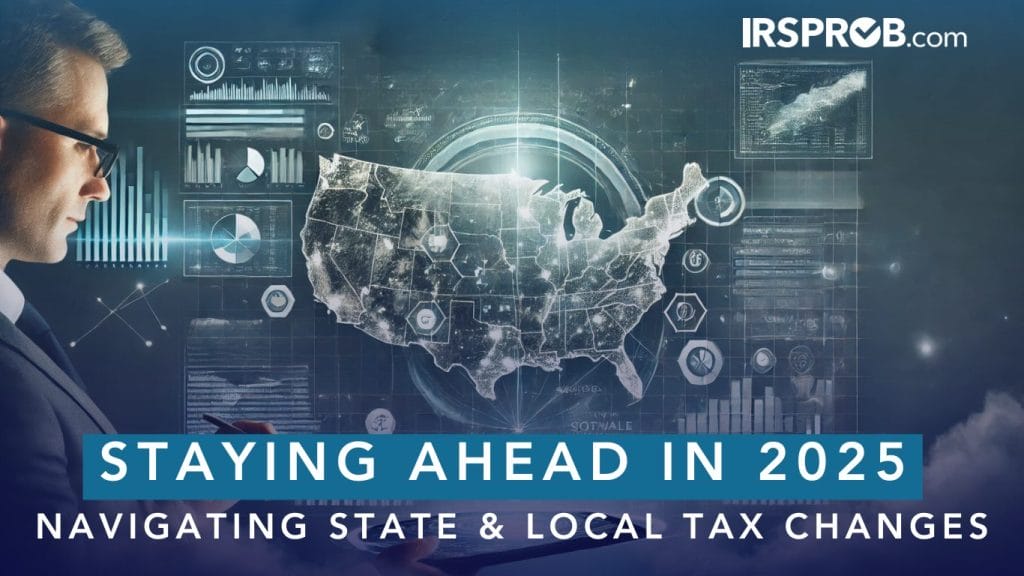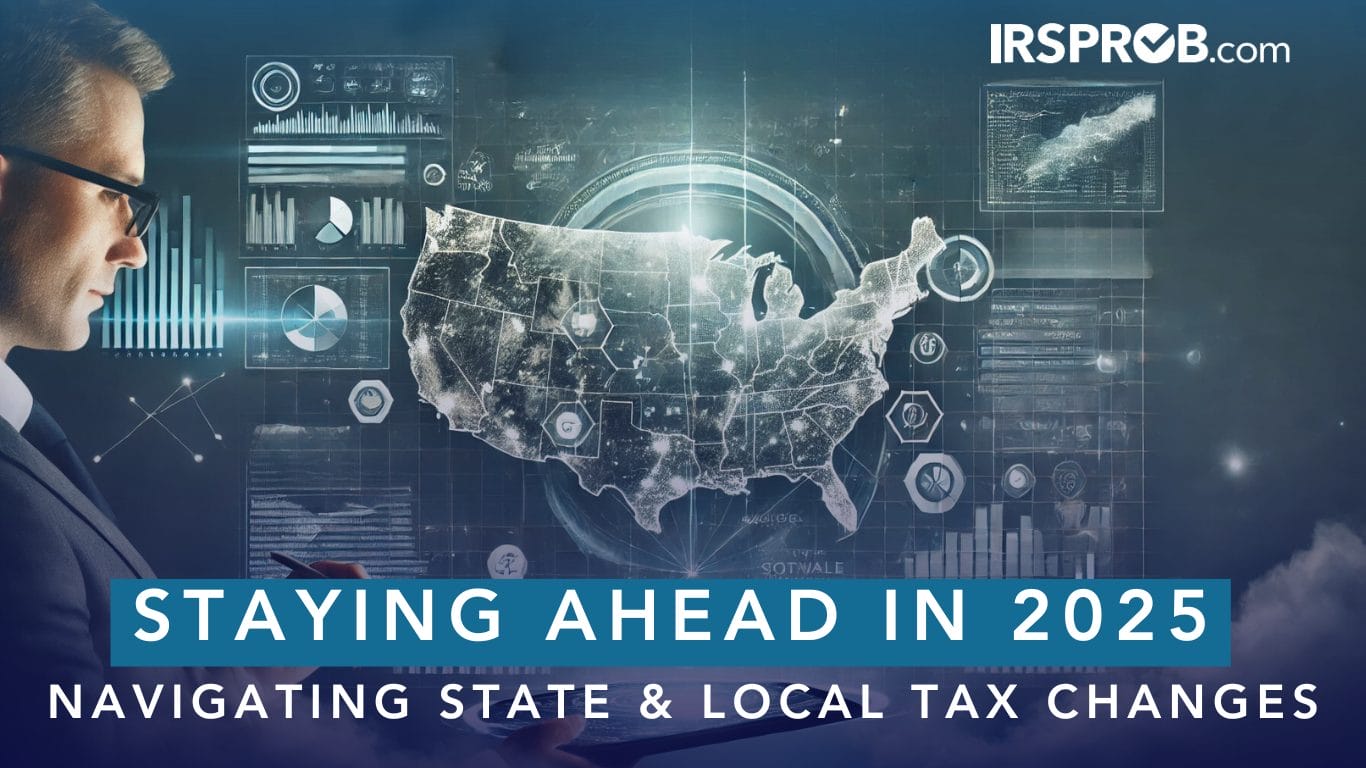
As we approach 2025, state and local tax (SALT) regulations are becoming increasingly complex. For business owners, staying ahead of these changes is critical to ensuring compliance and avoiding costly audits or penalties. Accounting firms, as trusted advisors, are uniquely positioned to guide businesses through these shifts. Here’s what you need to know to stay compliant and leverage new tools to your advantage.
What to Expect in 2025: Regulatory Changes
The post-election landscape has brought with it new sales tax regulations designed to address the evolving economy, including e-commerce and digital services. These regulations are likely to:
- Expand Nexus Rules: States may redefine what constitutes a taxable presence (nexus), making it easier for them to claim tax jurisdiction over businesses operating across state lines.
- Tax Digital Goods and Services: Expect increased taxation on digital goods, software as a service (SaaS), and other technology-based services.
- Broaden Enforcement Efforts: States are anticipated to ramp up audit activities to capture additional revenue.
Reducing Risk Amid Changing Audit and Enforcement Trends
Audit risks are rising as states aggressively pursue non-compliance. To mitigate these risks:
- Stay Current on Rules: Regularly review updates to SALT laws in every state where you operate.
- Document Diligently: Maintain clear and detailed records of all transactions, exemptions, and tax payments.
- Engage in Voluntary Compliance: If you discover potential non-compliance, consider voluntary disclosure agreements to reduce penalties.
The Power of Automation and Tax Technology
Advanced tax technologies are transforming how businesses handle compliance. Here’s how they can help:
- Automating Compliance: Tax software can calculate, collect, and remit sales taxes accurately, reducing human error and saving time.
- Improving Accuracy with Analytics: Tax analytics tools provide insights into tax trends and compliance gaps, helping businesses make informed decisions.
- Streamlining Processes: Automation eliminates manual processes, ensuring businesses meet filing deadlines without the last-minute scramble.
- Enhancing Strategic Planning: With technology handling the heavy lifting, businesses can focus on using tax strategies to improve cash flow and overall profitability.
Leveraging Advisory Services for Deeper Business Insights
Beyond compliance, accounting firms are offering more strategic advisory services by utilizing tax analytics. These services help business owners:
- Identify opportunities to reduce tax liabilities.
- Optimize sales and use tax strategies to align with broader financial goals.
- Gain insights into market trends and business performance.
Actionable Steps for Business Owners
To navigate the complexities of SALT in 2025, consider the following steps:
- Review Your Nexus Obligations: Evaluate where your business has a tax obligation based on updated nexus rules.
- Implement Tax Technology: Adopt automation tools to manage compliance efficiently.
- Work with Trusted Advisors: Collaborate with your accounting team to develop proactive tax strategies and reduce audit risks.
- Stay Informed: Keep abreast of regulatory updates and audit trends that may impact your business.
Closing Thoughts
The landscape of state and local tax is rapidly evolving, but with the right tools and strategies, business owners can turn these challenges into opportunities. By leveraging advanced technologies, staying informed, and working closely with advisors, you can ensure compliance while positioning your business for success in 2025 and beyond.
For more insights and personalized tax strategies, consult with a professional advisor today. Your proactive approach today can save you significant time and resources tomorrow.









